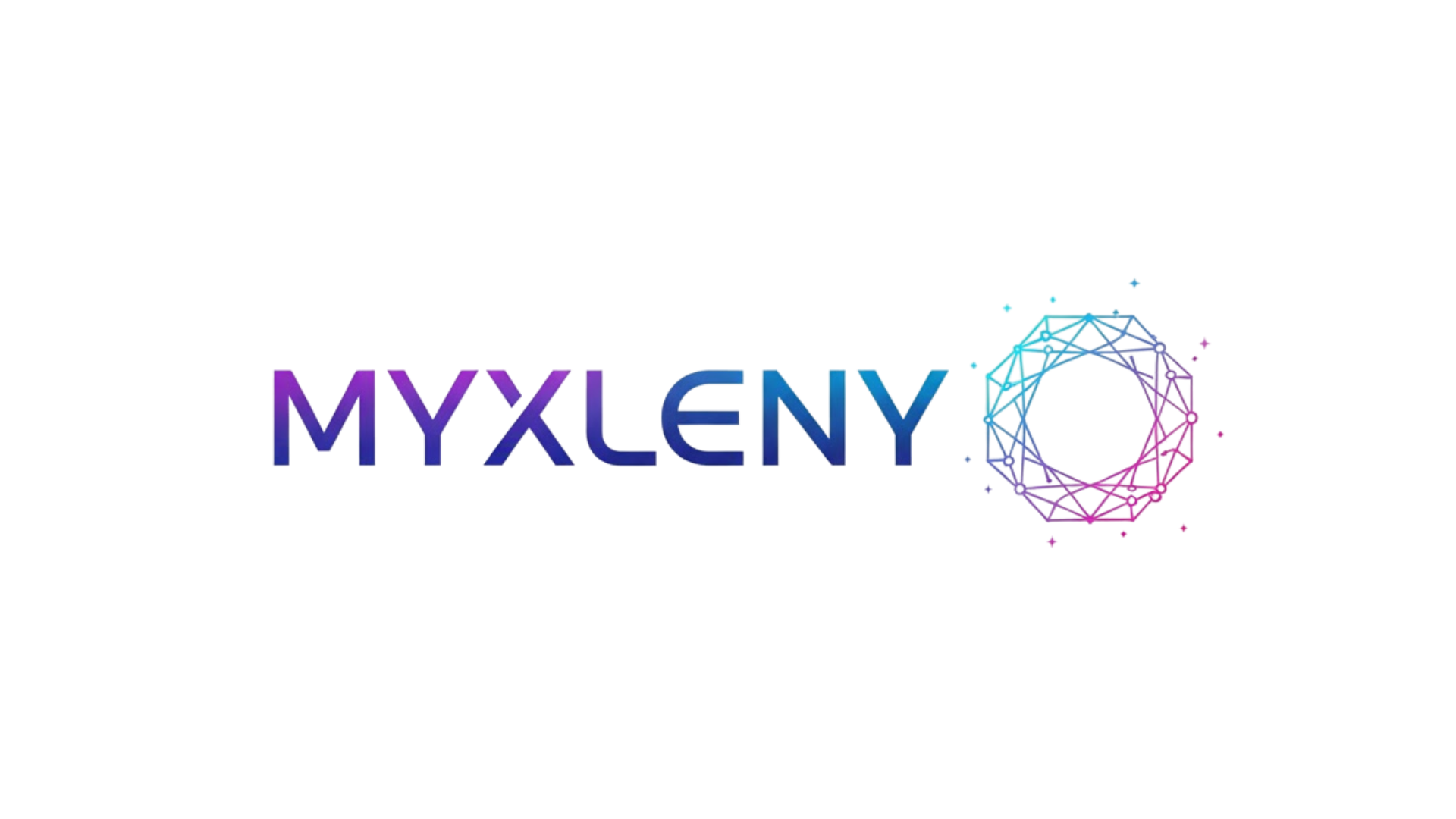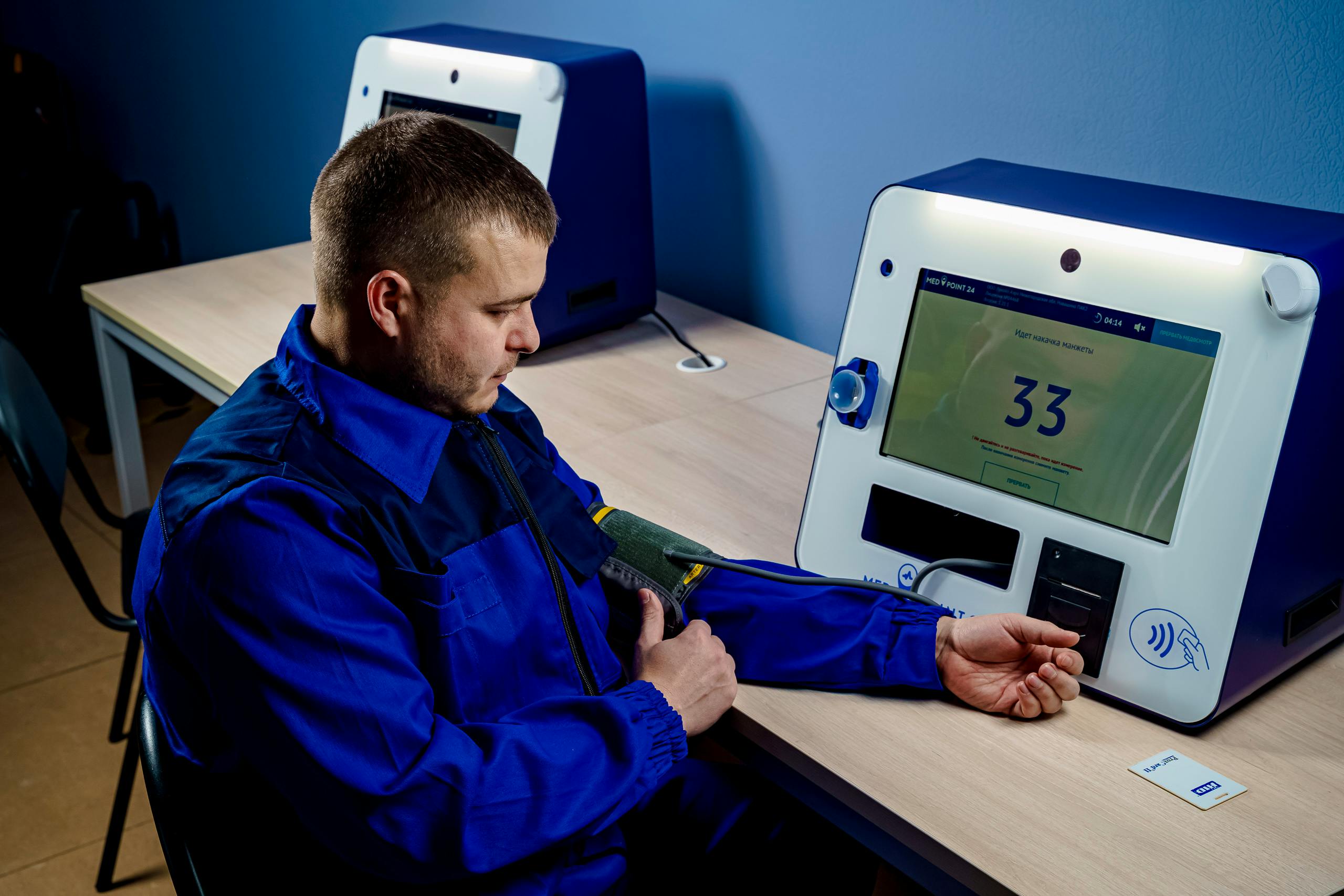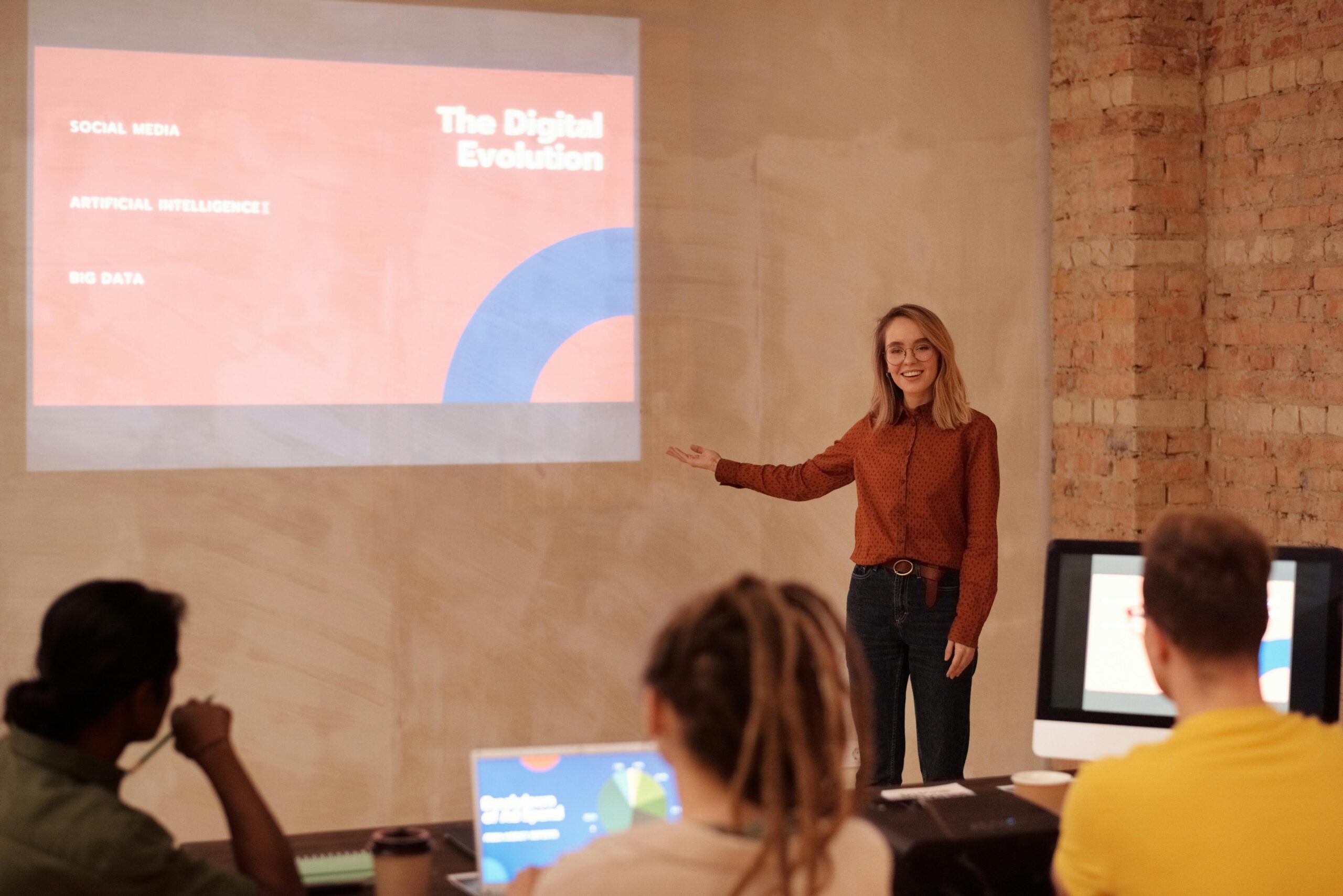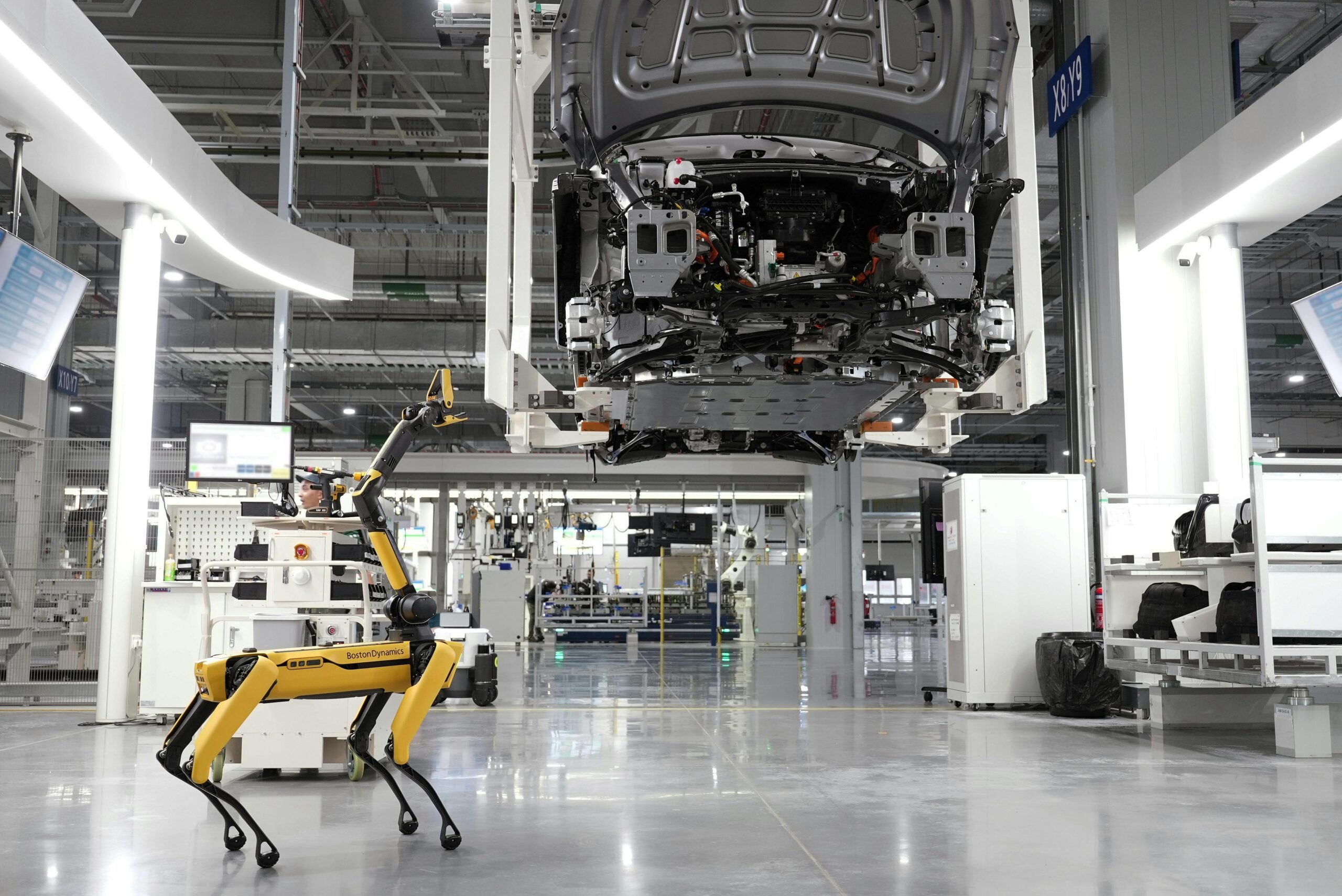Artificial intelligence is transforming human resources departments worldwide, enabling organizations to automate repetitive tasks, enhance decision-making, and create more strategic value than ever before.
The modern HR landscape has evolved dramatically over the past decade. What once required manual data entry, countless spreadsheets, and hours of administrative work can now be accomplished in minutes with AI-powered systems. Organizations that embrace these technological advancements are discovering unprecedented levels of efficiency, accuracy, and employee satisfaction while those that resist risk falling behind in an increasingly competitive talent market.
The integration of artificial intelligence into HR operations isn’t just about keeping up with trends—it’s about fundamentally reimagining how human resources functions operate. From recruitment and onboarding to performance management and employee retention, AI-powered tools are reshaping every aspect of the employee lifecycle. This transformation enables HR professionals to shift their focus from transactional tasks to strategic initiatives that drive organizational success.
🚀 The AI Revolution in Human Resources Management
Artificial intelligence has moved beyond the realm of science fiction into practical, everyday applications that solve real business challenges. In HR departments, this technology manifests in various forms—machine learning algorithms that predict employee turnover, natural language processing that screens resumes, and chatbots that answer employee queries instantly.
The adoption of AI in HR isn’t merely about automation; it’s about augmentation. These systems work alongside human professionals, handling time-consuming tasks while providing insights that would be impossible to generate manually. This partnership between human expertise and machine efficiency creates a powerful synergy that elevates the entire HR function.
Organizations implementing AI-powered HR systems report significant improvements across multiple metrics. Recruitment times decrease by up to 40%, administrative costs drop substantially, and employee satisfaction scores rise as HR teams become more responsive and strategic. These aren’t marginal gains—they represent fundamental improvements in how businesses manage their most valuable asset: their people.
Transforming Talent Acquisition with Intelligent Recruitment Tools
Recruitment represents one of the most time-intensive HR functions, with professionals spending countless hours reviewing resumes, screening candidates, and coordinating interviews. AI-powered recruitment systems revolutionize this process by automating initial screening, identifying top candidates based on predictive analytics, and even conducting preliminary interviews through conversational AI.
These intelligent systems analyze thousands of applications in seconds, identifying candidates whose skills, experience, and cultural fit align with organizational needs. Unlike human reviewers who may unconsciously introduce bias, AI algorithms can be designed to focus purely on relevant qualifications, promoting more diverse and equitable hiring practices.
The benefits extend beyond speed and fairness. AI recruitment tools provide valuable insights into talent market trends, salary benchmarks, and candidate availability. They can predict which candidates are most likely to accept offers and succeed in roles, enabling HR teams to make more informed decisions and improve quality of hire metrics significantly.
Candidate Experience Enhancement Through Automation
Modern candidates expect responsive, transparent recruitment processes. AI-powered chatbots provide instant answers to application questions, schedule interviews automatically, and keep candidates informed throughout the selection process. This consistent communication improves candidate experience scores and protects employer brand reputation.
Automated systems also enable personalized candidate journeys. Based on applicant data and behavior, AI can tailor communications, suggest relevant job openings, and provide customized feedback—creating a more engaging and human experience despite the technological intermediary.
💼 Streamlining Onboarding and Employee Integration
The onboarding process sets the tone for an employee’s entire journey with an organization. Traditional onboarding often involves overwhelming paperwork, disjointed training sessions, and inconsistent information delivery. AI-powered onboarding systems create structured, personalized experiences that accelerate integration and improve early employee engagement.
These intelligent platforms guide new hires through necessary documentation, automatically provision system access, and deliver customized training content based on role requirements and learning pace. Virtual assistants answer common questions instantly, eliminating delays and reducing the burden on HR staff and managers.
Data analytics within these systems identify potential integration challenges early. If a new employee isn’t completing onboarding tasks on schedule or shows signs of disengagement, the system alerts HR professionals who can intervene proactively. This predictive capability dramatically reduces early turnover and improves the return on recruitment investments.
Elevating Performance Management Through Data-Driven Insights
Annual performance reviews have long been criticized as subjective, backward-looking, and ineffective at driving improvement. AI-powered performance management systems replace this outdated approach with continuous feedback, objective analytics, and personalized development recommendations.
These platforms collect performance data from multiple sources—project management tools, communication platforms, peer feedback, and goal tracking systems—to create comprehensive, real-time performance profiles. Machine learning algorithms identify patterns that indicate high performance or potential issues, enabling managers to recognize achievements promptly and address challenges before they escalate.
The objectivity of data-driven performance management reduces bias and increases employee trust in the evaluation process. When feedback is based on measurable outcomes and behaviors rather than subjective impressions, employees better understand expectations and what they need to do to advance their careers.
Personalized Development Pathways
AI systems analyze individual performance data, career aspirations, and organizational needs to recommend personalized learning and development opportunities. Rather than generic training programs, employees receive targeted suggestions that address specific skill gaps and align with their career goals.
This personalized approach increases training effectiveness and employee engagement. When people see that their organization is investing in their specific development, they’re more likely to remain committed and perform at higher levels.
🎯 Predicting and Preventing Employee Turnover
Employee turnover represents one of the most significant costs facing organizations today. The expenses associated with recruiting, hiring, and training replacements—combined with lost productivity and institutional knowledge—make retention a critical business priority. AI-powered predictive analytics provide unprecedented capability to identify flight risks before they resign.
These systems analyze dozens of variables—engagement scores, performance trends, compensation data, promotion history, and even subtle behavioral changes—to identify employees who may be considering departure. Machine learning models trained on historical turnover data can predict which employees are likely to leave with remarkable accuracy, often six months or more in advance.
Armed with these insights, HR teams and managers can intervene proactively with targeted retention strategies. Whether addressing compensation concerns, providing development opportunities, or resolving workplace issues, early intervention dramatically increases the likelihood of retaining valuable talent.
Automating Administrative Tasks and Compliance Management
HR departments handle countless administrative tasks—processing leave requests, managing benefits enrollment, maintaining personnel records, and ensuring regulatory compliance. These necessary but time-consuming activities often prevent HR professionals from focusing on strategic initiatives that add greater value to the organization.
AI-powered HR management systems automate these routine processes, handling transactions efficiently while maintaining meticulous records for compliance purposes. Employees access self-service portals where they can update information, request time off, and manage benefits without HR intervention, freeing professionals to focus on more complex challenges.
Compliance management particularly benefits from AI implementation. Regulations constantly evolve across jurisdictions, and maintaining compliance requires continuous monitoring and adjustment. Intelligent systems track regulatory changes, automatically update policies and procedures, and flag potential compliance issues before they become problems. This proactive approach reduces legal risk and protects organizational reputation.
📊 Enhancing Workforce Planning and Analytics
Strategic workforce planning requires understanding current capabilities, anticipating future needs, and developing strategies to bridge gaps. AI-powered analytics transform this complex challenge into a data-driven process that provides actionable insights for organizational leadership.
These systems analyze workforce demographics, skill inventories, performance data, and business forecasts to identify potential talent shortages or surpluses. They can model various scenarios—expansion into new markets, adoption of new technologies, organizational restructuring—and predict their workforce implications with sophisticated accuracy.
This predictive capability enables organizations to develop proactive talent strategies rather than reactive solutions. Whether building internal talent pipelines, planning strategic hiring initiatives, or designing reskilling programs, data-driven workforce planning creates competitive advantages in rapidly changing business environments.
Real-Time Workforce Dashboards
AI-powered analytics platforms provide real-time visibility into workforce metrics that matter most. HR leaders and executives access customized dashboards showing key performance indicators—recruitment effectiveness, retention rates, engagement scores, diversity metrics, and productivity measures—updated continuously rather than in quarterly reports.
This immediate access to actionable data enables faster, more informed decision-making. When issues emerge, leaders can respond quickly rather than discovering problems months after they’ve developed. This agility is increasingly critical in dynamic business environments where competitive advantages are measured in weeks rather than years.
Creating Personalized Employee Experiences
Modern employees expect personalized experiences in all aspects of their lives—from entertainment streaming to shopping recommendations. They increasingly expect the same personalization in their workplace interactions. AI-powered HR systems deliver these customized experiences at scale, something impossible to achieve manually in organizations of any significant size.
These platforms learn individual preferences, communication styles, and needs, then tailor interactions accordingly. Some employees prefer detailed email communications while others want brief mobile notifications. Some need extensive support navigating benefits options while others value self-service simplicity. AI systems adapt to these preferences automatically, improving satisfaction and engagement.
Personalization extends to career development, learning recommendations, recognition programs, and even workplace amenities. When employees feel their organization understands and responds to their individual needs, they develop stronger connections and commitment to organizational success.
💡 Implementing AI-Powered HR Systems Successfully
Despite the compelling benefits, implementing AI-powered HR systems requires thoughtful planning and execution. Organizations that approach implementation strategically achieve better outcomes and faster returns on investment than those that rush deployment without adequate preparation.
Successful implementation begins with clear objectives. What specific challenges will AI address? Which processes need improvement most urgently? How will success be measured? Answering these questions focuses implementation efforts on highest-priority areas and provides benchmarks for evaluating results.
Data quality represents another critical success factor. AI systems require clean, comprehensive data to generate accurate insights and predictions. Organizations must audit existing HR data, address quality issues, and establish governance processes that maintain data integrity over time. Without quality data, even the most sophisticated AI systems will produce unreliable results.
Change Management and Employee Adoption
Technology implementation fails most often due to inadequate change management rather than technical problems. Employees and HR professionals may feel threatened by AI systems, concerned about job security or skeptical about technology replacing human judgment. Addressing these concerns through transparent communication, comprehensive training, and demonstrated value is essential for successful adoption.
Effective change management emphasizes that AI augments rather than replaces human capabilities. These systems handle routine tasks and provide insights, but human professionals remain essential for complex decision-making, relationship building, and strategic thinking. When people understand this complementary relationship, resistance typically transforms into enthusiasm.
Addressing Privacy and Ethical Considerations
AI-powered HR systems collect and analyze vast amounts of employee data, raising important privacy and ethical questions. Organizations must implement robust data protection measures, ensure transparency about data usage, and provide employees with appropriate control over their personal information.
Ethical AI deployment requires ongoing vigilance against algorithmic bias. While AI can reduce human bias in decision-making, algorithms can perpetuate or amplify biases present in training data. Regular audits of AI system outputs, diverse development teams, and ethical AI frameworks help ensure these tools promote fairness rather than undermining it.
Transparency represents another crucial ethical consideration. Employees should understand when AI systems are involved in decisions affecting them and have recourse when they believe errors have occurred. Organizations that build trust through transparent AI deployment achieve better adoption and outcomes than those treating these systems as black boxes.
🌟 Measuring ROI and Continuous Improvement
Implementing AI-powered HR systems requires significant investment in technology, training, and change management. Demonstrating return on investment validates these expenditures and secures ongoing support for HR innovation. Fortunately, the benefits of AI implementation are highly measurable across multiple dimensions.
Direct cost savings from administrative automation, reduced recruitment expenses, and lower turnover provide quantifiable financial returns. Time savings that enable HR professionals to focus on strategic initiatives create value that may be harder to quantify but no less real. Improved employee experience and engagement ultimately drive productivity gains and business results.
Continuous improvement requires ongoing monitoring and optimization. AI systems improve over time as they process more data and receive feedback on prediction accuracy. Organizations should establish regular review cycles that evaluate system performance, identify enhancement opportunities, and ensure alignment with evolving business needs.

The Future of AI in Human Resources
The AI capabilities available today represent just the beginning of technological transformation in HR. Emerging technologies promise even more sophisticated applications—virtual reality for immersive training experiences, advanced natural language processing for nuanced employee sentiment analysis, and predictive models that anticipate organizational culture challenges before they manifest.
As AI systems become more sophisticated, they’ll handle increasingly complex tasks while providing deeper insights into human behavior and organizational dynamics. The HR professionals who embrace these tools and develop skills to leverage them effectively will drive strategic value that elevates their role within organizations.
The transformation of HR through artificial intelligence isn’t a distant future scenario—it’s happening now in forward-thinking organizations worldwide. Companies that implement AI-powered systems strategically are experiencing dramatic improvements in efficiency, effectiveness, and employee satisfaction. Those that delay risk competitive disadvantages in attracting talent, managing performance, and driving business results.
Success in this new era requires balancing technological capability with human insight, automation with personalization, and efficiency with empathy. AI-powered systems handle routine tasks and provide data-driven insights, but human HR professionals remain essential for interpretation, relationship building, and strategic thinking. This partnership between human expertise and artificial intelligence represents the future of truly effective human resources management. 🚀
Toni Santos is a future-of-work researcher and social innovation writer exploring how technology, culture, and global mobility are redefining what it means to work and thrive in the 21st century. Through his studies on automation, digital nomadism, and workforce transformation, Toni examines the balance between progress, adaptability, and human purpose in a rapidly changing world. Passionate about remote collaboration systems and digital inclusion, Toni focuses on how emerging tools and global connectivity empower individuals to build meaningful, flexible, and resilient careers. His work highlights how automation and new work models can coexist with creativity, empathy, and social value. Blending sociology, economics, and digital strategy, Toni writes about the human side of innovation — helping readers understand not only where work is heading, but how to align with its transformation responsibly and purposefully. His work is a tribute to: The evolving relationship between automation and human employment The rise of global, location-independent lifestyles The power of resilience and adaptability in the modern workforce Whether you are a freelancer, remote leader, or curious observer of the new economy, Toni Santos invites you to explore the future of work — one idea, one connection, one transformation at a time.




